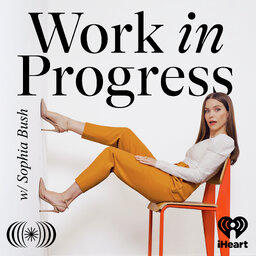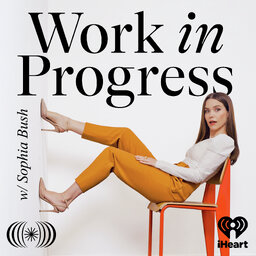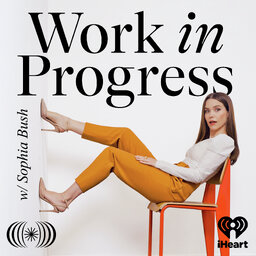Tony Goldwyn is a phenomenal screen and voice actor, peabody-award-winning director, and an incredibly philanthropic force for good in the world. Tony joins Sophia on the podcast to talk about the family member that inspired him to become an activist, his love for storytelling and how he got into directing, his criteria for taking on a job, and so much more!
Executive Producers: Sophia Bush & Rabbit Grin Productions
Associate Producer: Samantha Skelton
Editor: Josh Windisch
Artwork by the Hoodzpah Sisters
This show is brought to you by Brilliant Anatomy
 Work in Progress with Sophia Bush
Work in Progress with Sophia Bush


